Locating Blocks
- Superior Accuracy: Maintains tight tolerances for precise mold alignment.
- Robust Design: Withstands repeated cycles and high-pressure conditions.
- Flexible Configurations: Adapts to various mold layouts and insert requirements.
- Streamlined Assembly: Reduces installation complexity and downtime.
ISO 9001:2015 Certified Processes
ISO 13485: 2016 Medical Device
IATF 16949: 2016 Automotive
No Minimum Order Quantities
In-Process Inspection with CMM
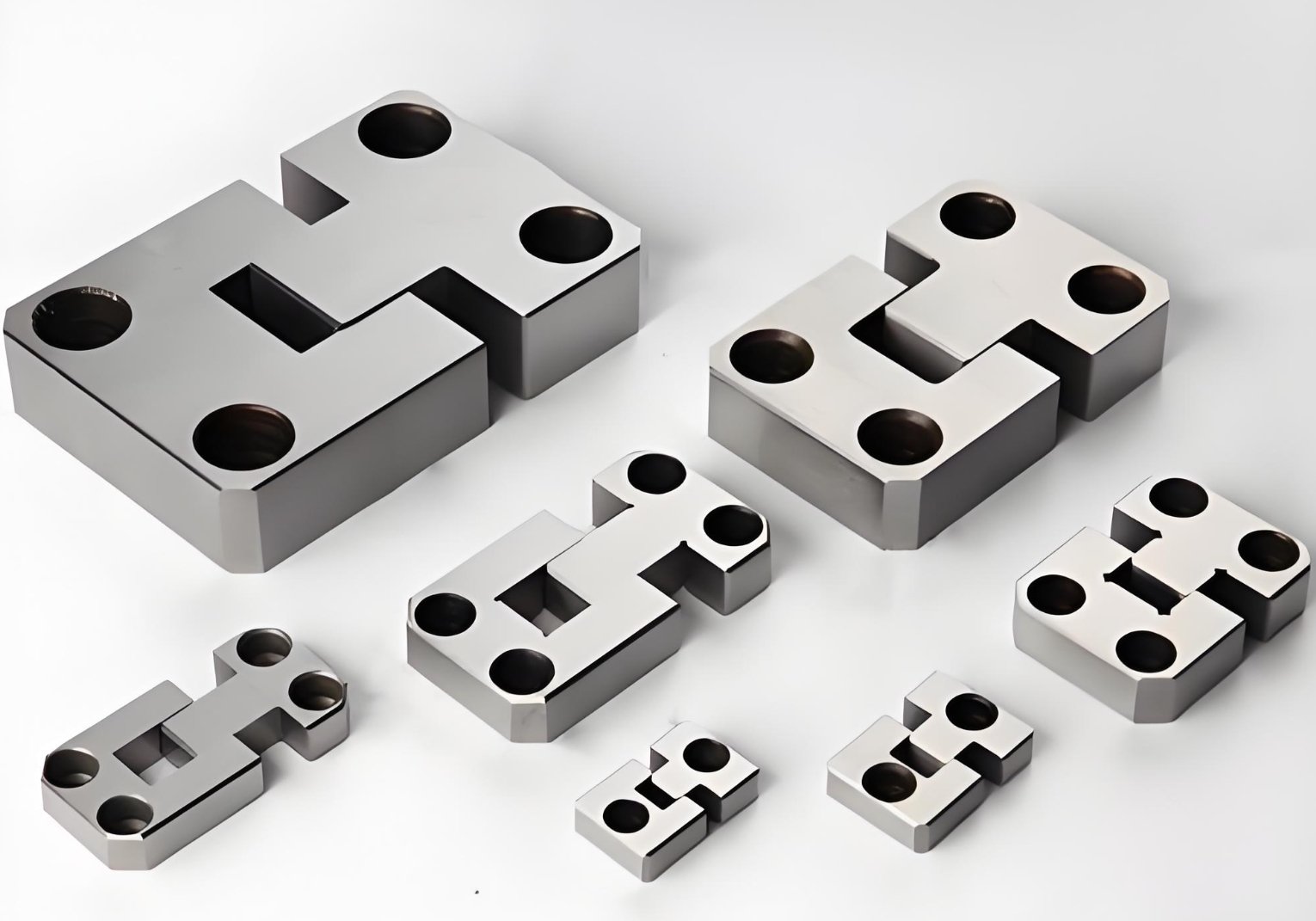
Locating Blocks: Precision Components for Injection Molding
Key Functions
Processing Materials
Hardened Tool Steel
- High durability for demanding applications (e.g., H13, D2).
Stainless Steel
- Corrosion-resistant for long-term use (e.g., 420, 440C).
Specialized Alloys
- Custom options for unique molding challenges.
Post-Processing & Surface Treatments

Heat Treatment

Optional Coatings
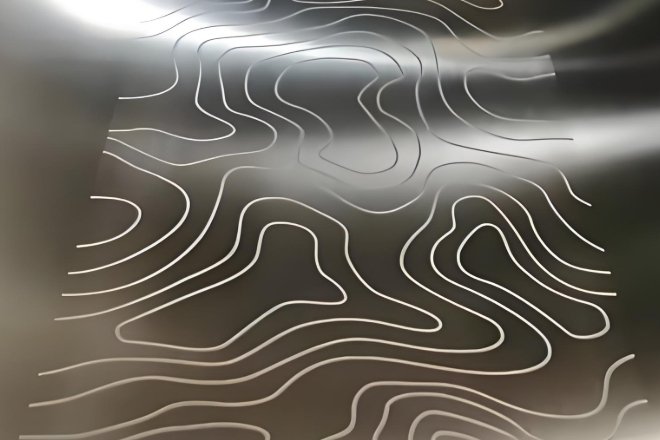
Nitriding
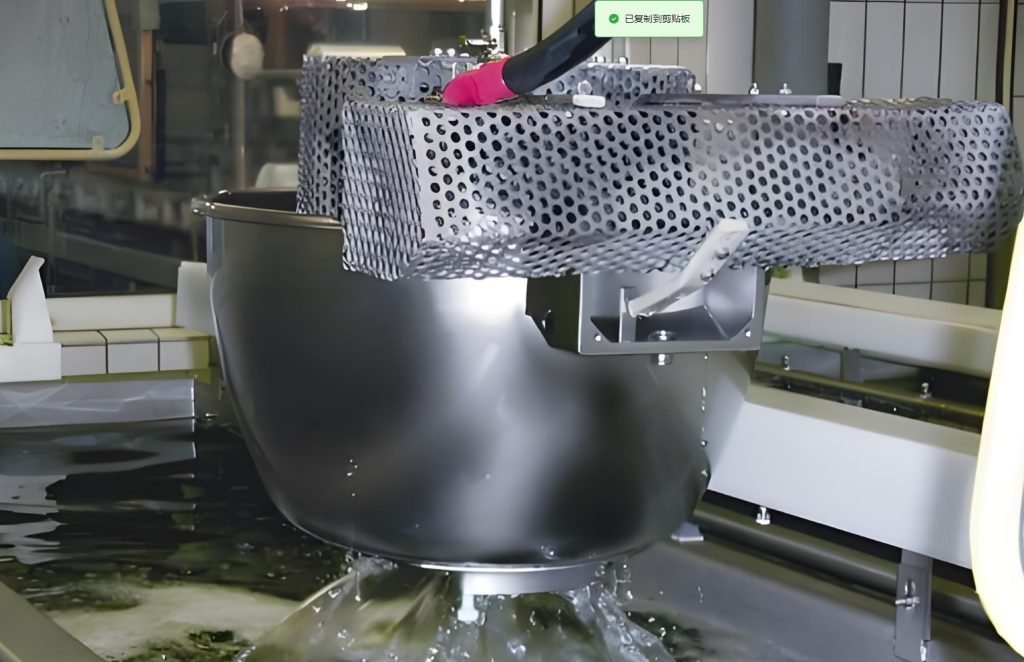
Precision Grinding
Technical Specs for Locating Blocks
Our processes ensure unmatched consistency and repeatability at fast lead times and affordable pricing.
| Parameter | Specification |
| Hardness | 58-62 HRC (varies by material) |
| Dimensional Tolerance | ±0.002 mm (custom tighter tolerances available) |
| Surface Finish | Ra ≤ 0.2 μm via precision grinding |
| Size Range | Fully customizable per mold design |
| Lead Time | 2-4 weeks (standard); expedited options available |
Contact us for bespoke specifications tailored to your project.
Fecision Mold Component Tooling Network
In response to different service types and diverse business needs, we have deployed suppliers with different manufacturing capabilities.
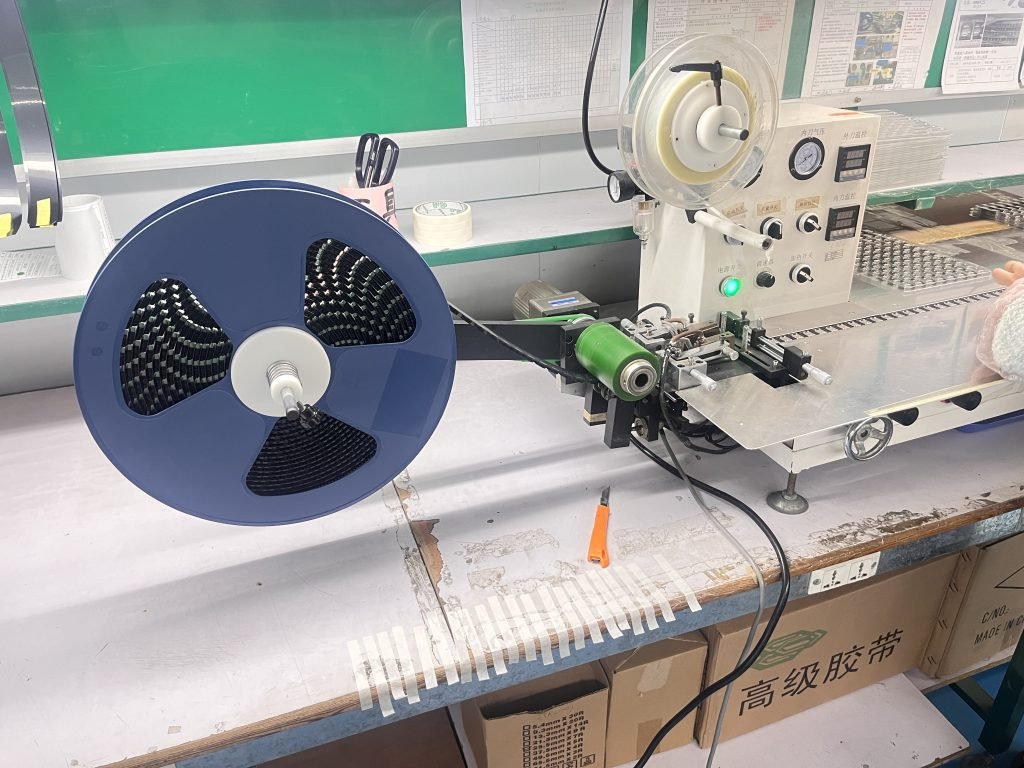
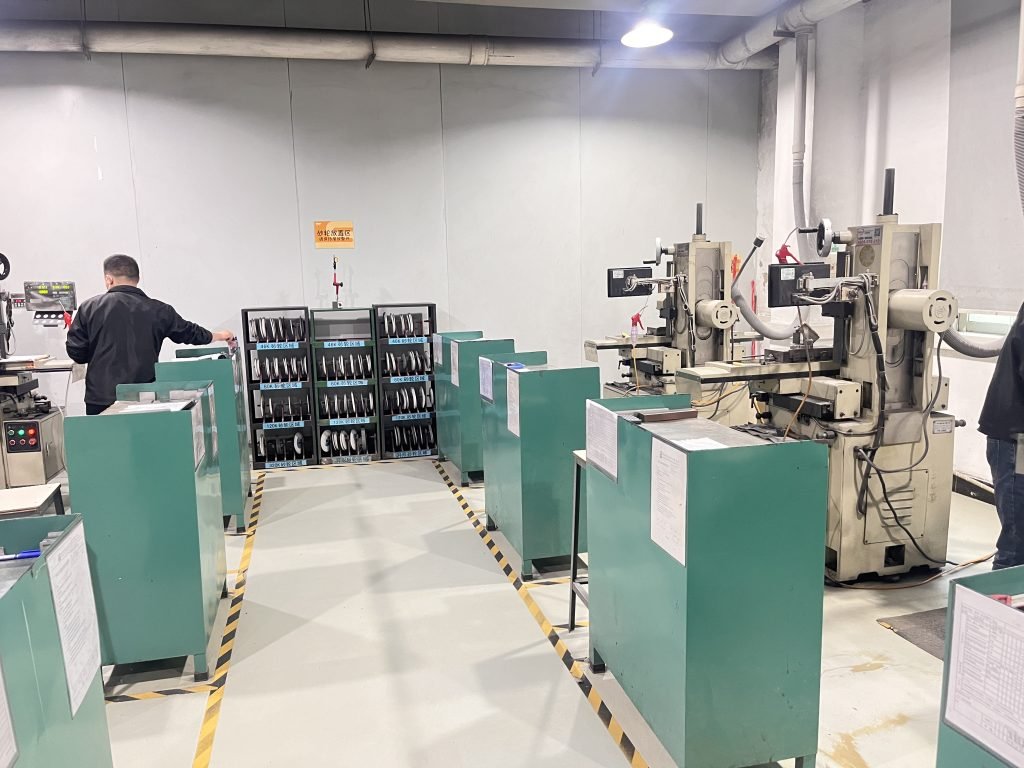
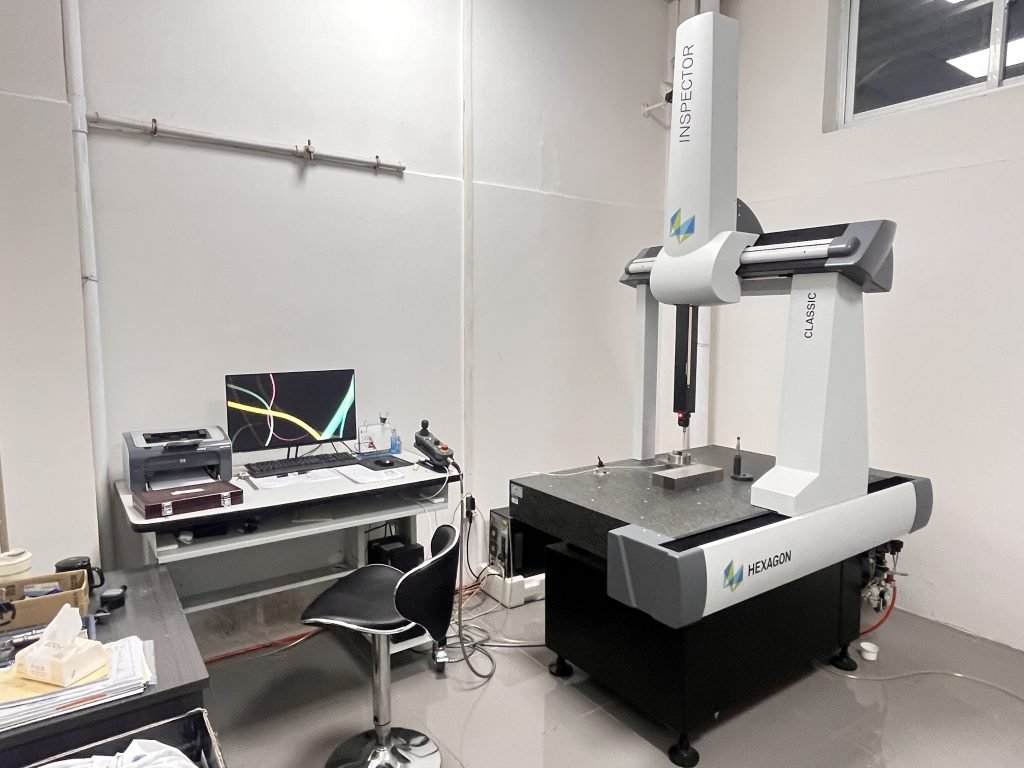
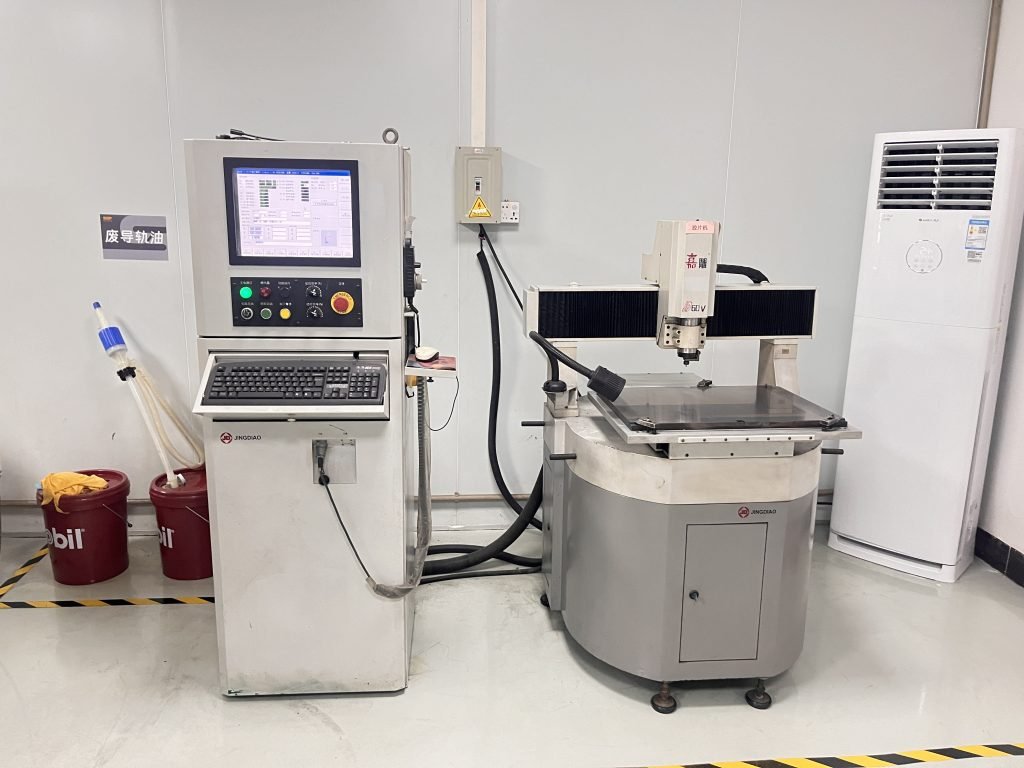
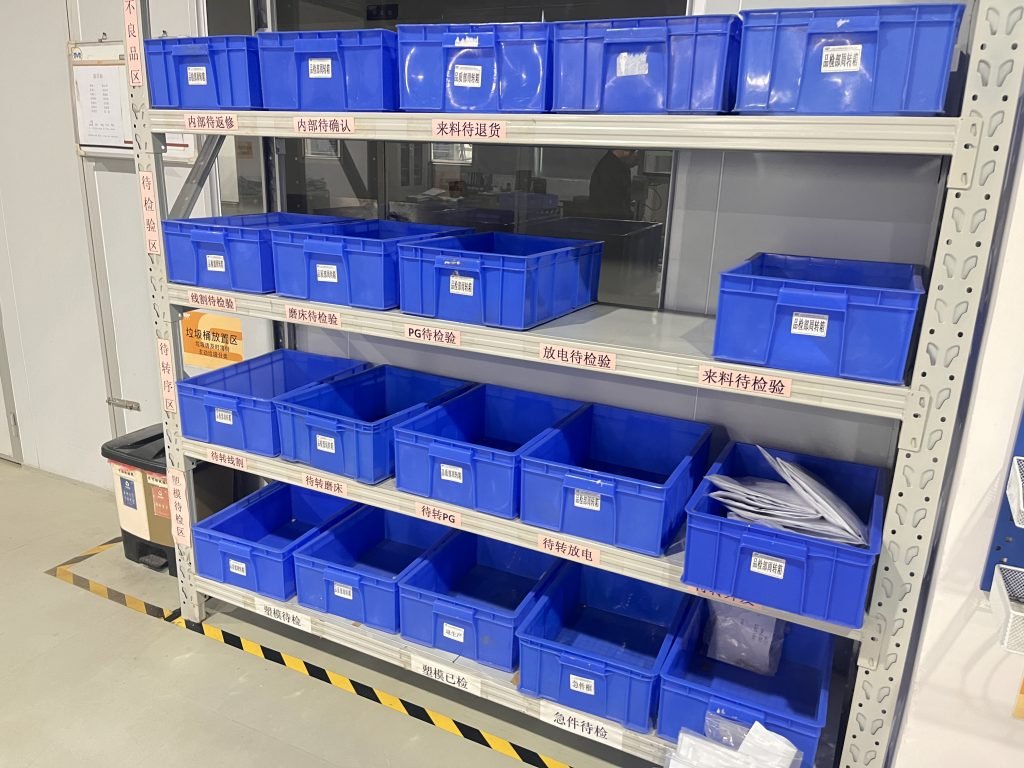
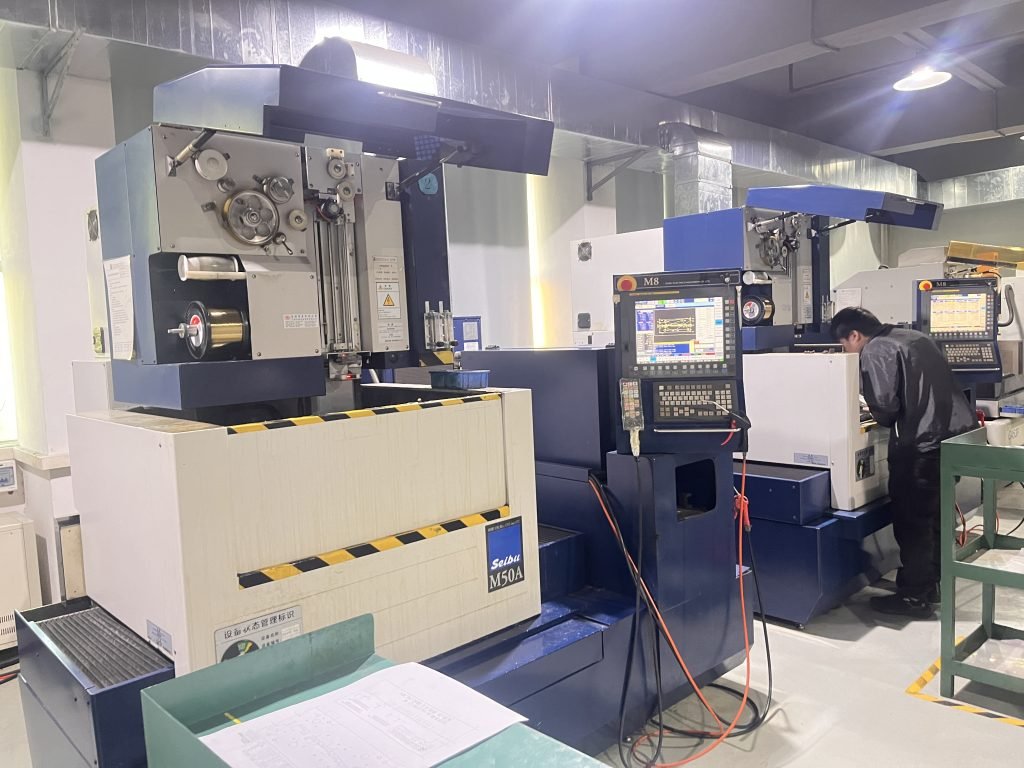

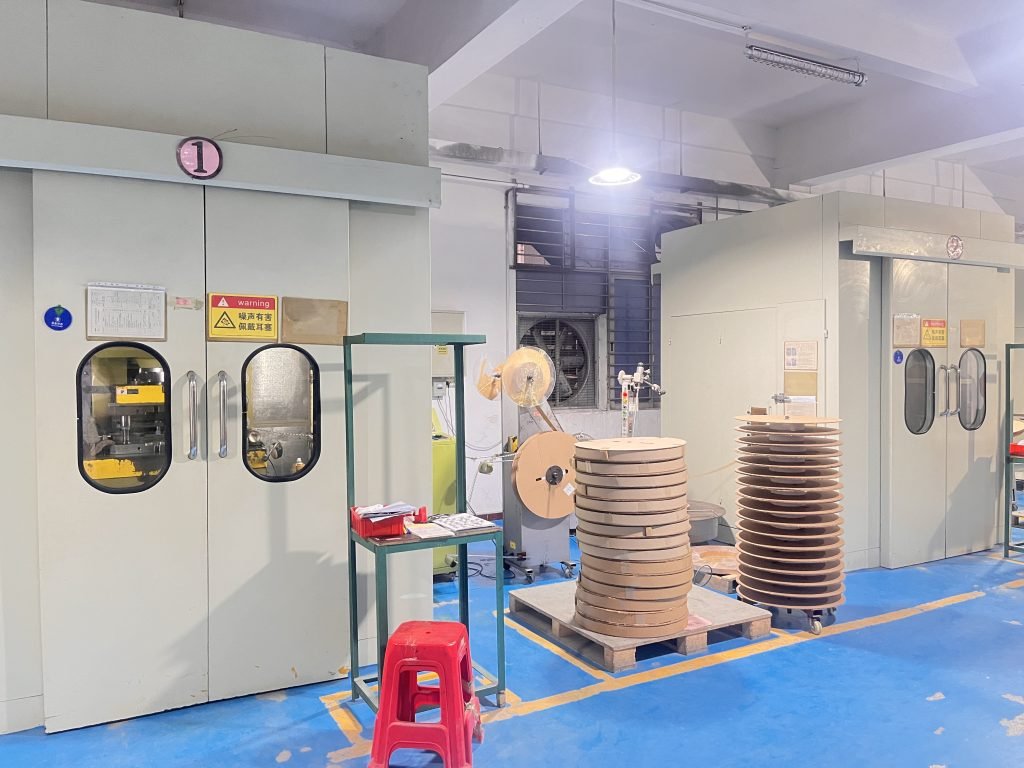
Why Fecision for Mold Components?

Precision and Accuracy
Using state-of-the-art CNC machining, EDM, and other advanced manufacturing techniques, Fecision ensures all mold components meet tight tolerances and high-quality standards.
Customization
Fecision understands the unique needs of each project. Our team works closely with customers to provide tailored solutions, ensuring that each component fits perfectly within the target mold system.
Rapid Prototyping
Fecision offers rapid prototyping for mold components, enabling customers to test and refine designs quickly before moving into full production.
End-to-End Services
From initial design and DFM (Design for Manufacturability) analysis to final mold assembly and testing, Fecision handles every aspect of the mold component manufacturing process.
Process for Manufacturing Mold Components
Manufacturability Evaluation
The initial step involves assessing the manufacturablity of the mold component. If it's deemed feasible, we proceed with production immediately. If not, we will provide a detailed DFM (Design for Manufacturability) report to the customer. If necessary, mold flow analysis is performed to simulate the flow of molten material within the mold.
Material Selection
Next, choose the right material for mold parts. Common materials for mold components include steel alloys, aluminum, stainless steel, specialty alloys, etc. If needed, a prototype may be made using rapid prototyping techniques (e.g., 3D printing, CNC machining) to test the design for fit, function, and manufacturability.
Mold Components Manufacturing
Once the design and materials are finalized, the mold component undergoes CNC machining. If required, the mold component may undergo heat treatment, depending on the material and intended application. For certain components, surface hardening methods such as nitriding or carburizing are applied to increase wear resistance.
Shipping
For molds with multiple components, such as multi-cavity molds or molds with inserts, the individual components are carefully assembled into the final mold system. Once our engineers confirm the product meets all requirements, it will be shipped. We maintain ongoing communication to ensure the customer is fully satisfied with the product they receive.
Let's Start!
Together, we can make something remarkable!
Let us turn your vision into reality. Provide us with your project details, and we’ll create a customized proposal designed specifically for you.




